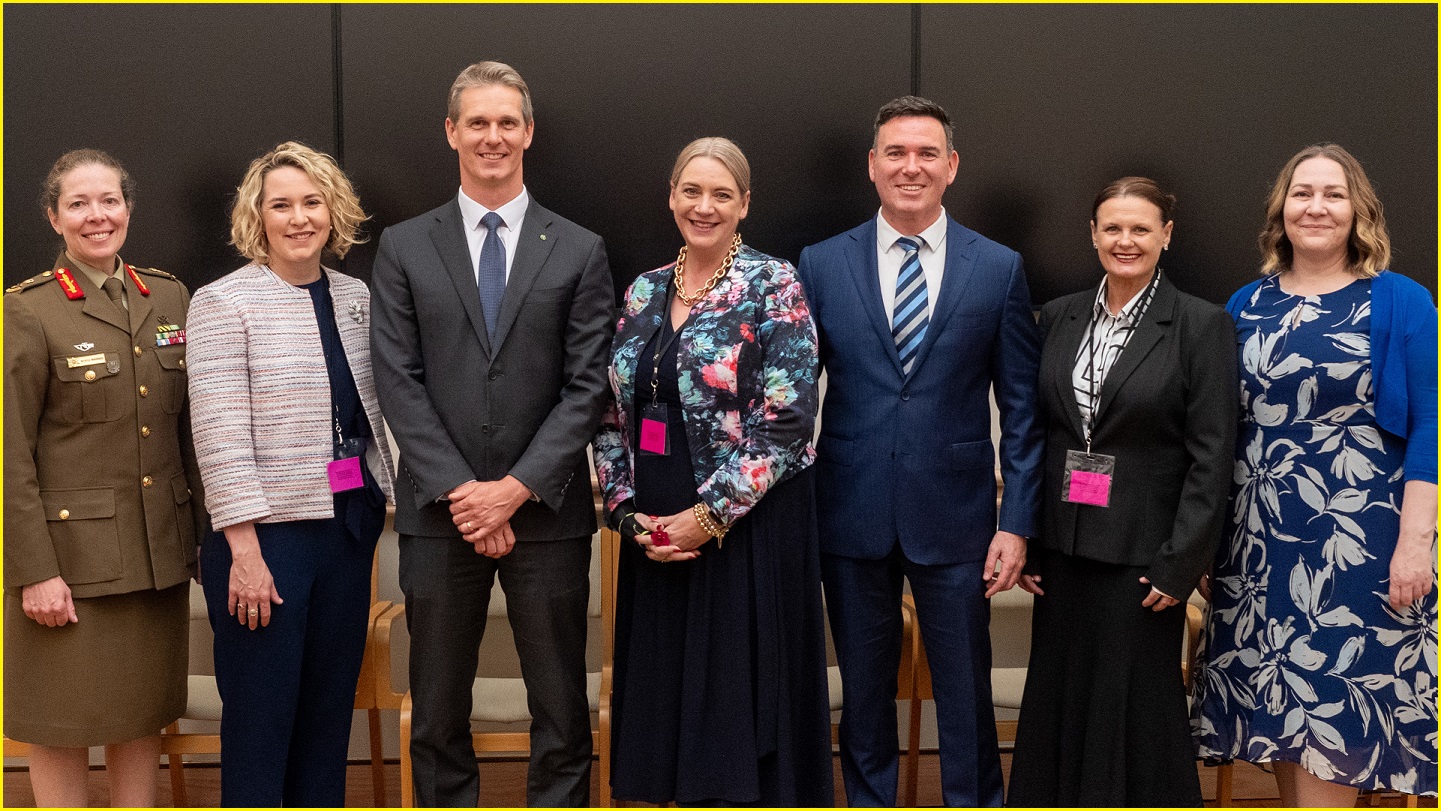Australia’s cyber security industry has welcomed a new advocacy and growth champion with the launch of the Australian Cyber Network (ACN) – a not-for-profit set to pick up where its predecessor AustCyber left off.
Launched Wednesday at Parliament House in Canberra, ACN said its goal is to address the “current and future needs” of Australia’s cyber security sector through capability building, advocacy, and education.
“Over 94,000 cybercrime incidents were reported in Australia last financial year,” ACN said.
“Something needs to change in the way we tackle cyber security in Australia.”
Co-founded by Linda Cavanagh and Jason Murrell, ACN is positioning itself as a “bridge between government, industry, and academia”.
The not-for-profit will focus on supporting growth and longevity among small and medium-sized businesses (SMBs), while also providing government with a clear, data-backed picture of the sector’s ongoing needs.
Cavanagh told Information Age ACN will apply learnings from AustCyber – a federally funded Industry Growth Centre initiative which supported Australia’s cyber sector over some seven years.
Best-known for its $15 million Projects Fund, AustCyber also provided industry metrics via the recurring Sector Competitiveness Plan and operated networking hubs for cyber professionals in Sydney, Melbourne and Adelaide.
“What AustCyber cyber did extremely well was create a community,” Cavanagh explained.
“It brought cyber security to the forefront and did a great job of delivering programs that had a tangible impact in the ecosystem.”
Cavanagh and Murrell, who both worked as executives at different phases of AustCyber’s run, said a new approach is needed for the current state of play.
“What we need now is accomplishing maturity in the industry,” said Cavanagh.
Supporting SMBs
AustCyber’s flow of federal funding ended in June 2022, and while it established a growth plan by merging with innovation hub Stone & Chalk, the initiative folded in June of this year.
While AustCyber supported early projects for some of Australia’s best-known cyber security brands, a number of funding recipients withdrew over the pandemic period.
“Unfortunately, we’ve seen several cyber security companies fall by the wayside,” said Cavanagh.
“ACN wants to determine and action what could have done been to support them.”
Murrell said ACN will offer advisory services to on capital-raising, financial reporting and organisational structure, in addition to product and service expertise.
“Many business that go to market are very good technically, but don't know enough about the financial rigour of how to run the company,” Murrell explained.
Cavanagh added ACN will foster trade delegations with “real outcomes” which extend beyond simple marketing advice.
“We need more of these sovereign companies to be able to build our base here, to be able to export and be known as a global leader in cyber security,” said Cavanagh.
Annie Haggar, ACN board member and head of cyber security at law firm Norton Rose Fulbright, said the not-for-profit will also support SMBs by offering “cyber health checks” designed to bolster their defences.
Rethinking funding
For funding distribution, Cavanagh and Murrell told Information Age that ACN wants Australia to adopt a more comprehensive and industry-minded approach.
“We want to ensure the funding that government has allocated to cyber, in whichever format, goes to those right areas,” said Cavanagh.
“Having a not-for-profit organisation like ACN will enable government to ask where the challenges are, where the opportunities are, and which areas really need support.”
Murrell said rather than using funding structures where a single candidate receives finances, initiatives can instead establish group projects which back multiple cyber experts.
“We'll help put the team together with the people you need to actually solve an issue, and then you can pay everyone requisitely across the board,” said Murrell.
“Not to mention, it'll likely end up coming in cheaper.”
Cavanagh said this approach would further boost industry support by opening funding opportunities to viable local vendors.
A ‘single source of truth’
ACN plans to release an annual "State of the Industry" report to provide a
“comprehensive picture” of the sector’s composition and growth, while also evaluating the progress of the Australian Cyber Security Strategy.
“An important part of industry communication, advocacy and representation is providing quality information and a single source of truth for government,” said Cavanagh.
“This means using a bigger sample size and clarifying where some of the most quoted statistics are actually coming from,” added Murrell.
The not-for-profit’s mission includes “driving evidence-based research to shape policy and workforce development”, with Murrell stressing that up-to-date data is crucial given how frequently attack surfaces are changing.
“Whether it’s a new threat actor, attack surface, technology, product or service, we need to be on our toes,” he said.
Finally, ACN aims to “engage with vulnerable sectors” and ensure workers both technical and non-technical are provided with the support and resources they need to launch a sustainable career in the industry.
“The launch of the ACN marks a new era of collaboration between government and industry to build the digital defences our businesses and communities need,” said Andrew Charlton, the Albanese government’s special envoy for cyber security and digital resilience.










